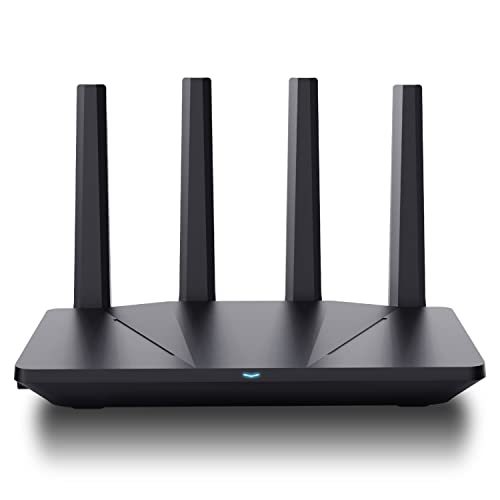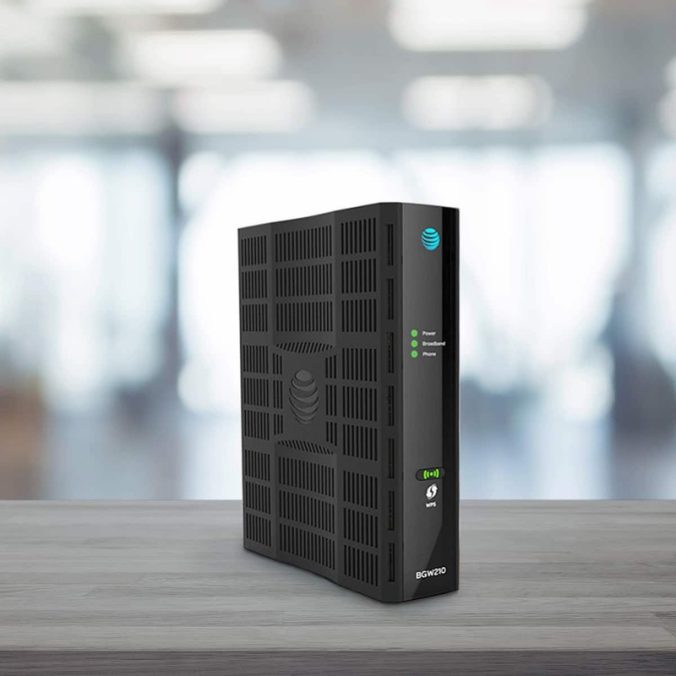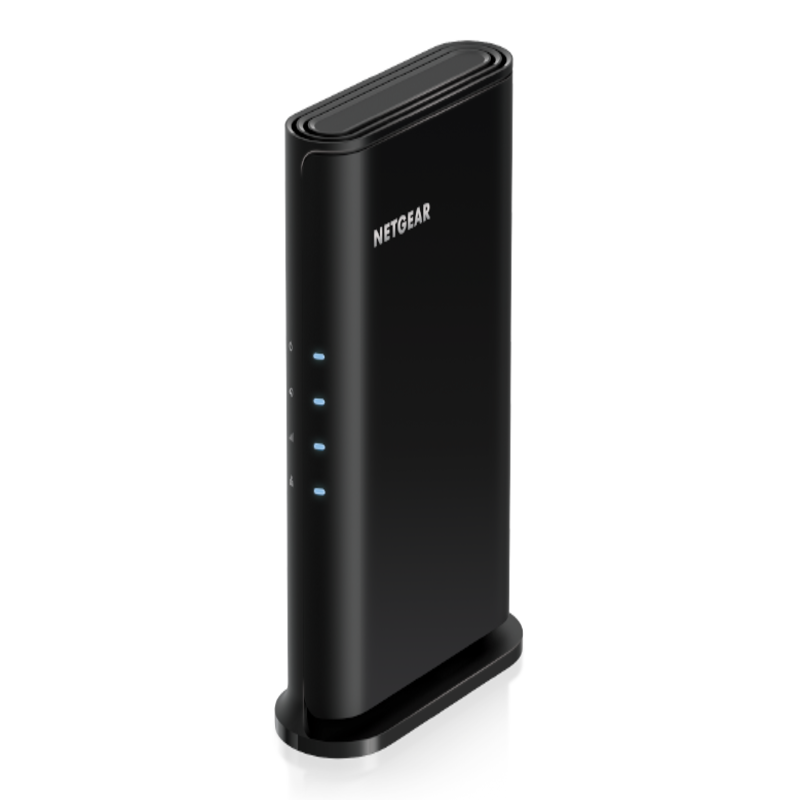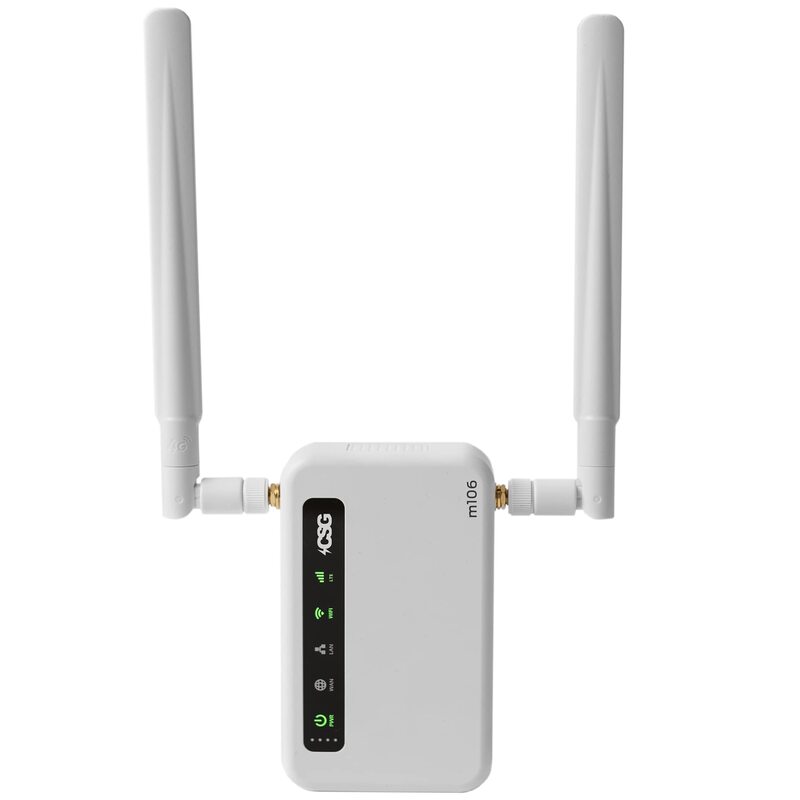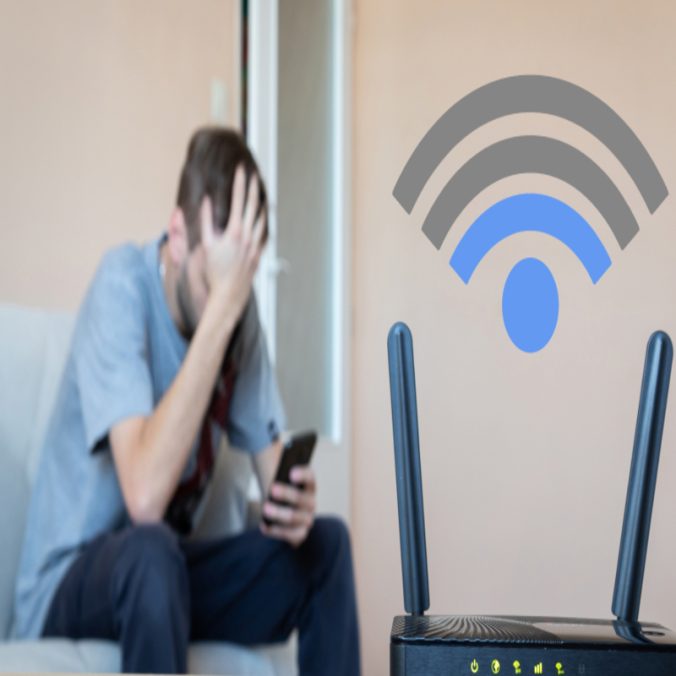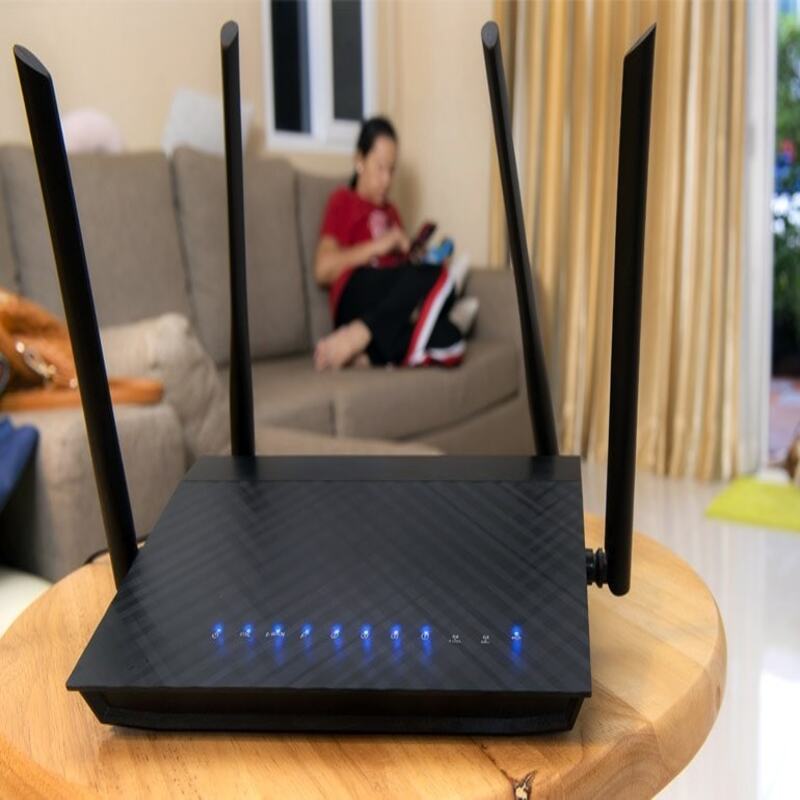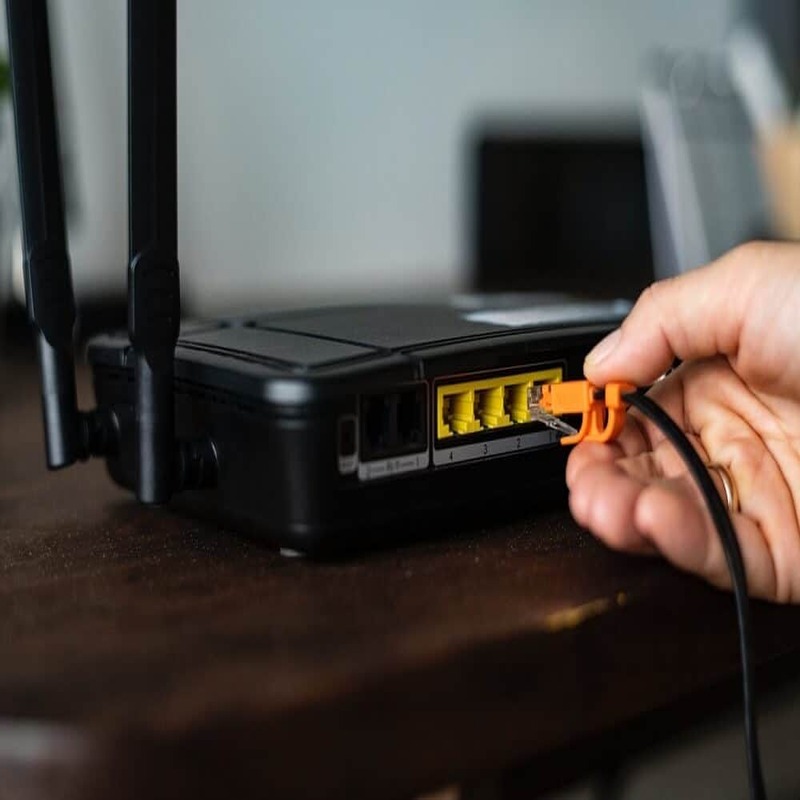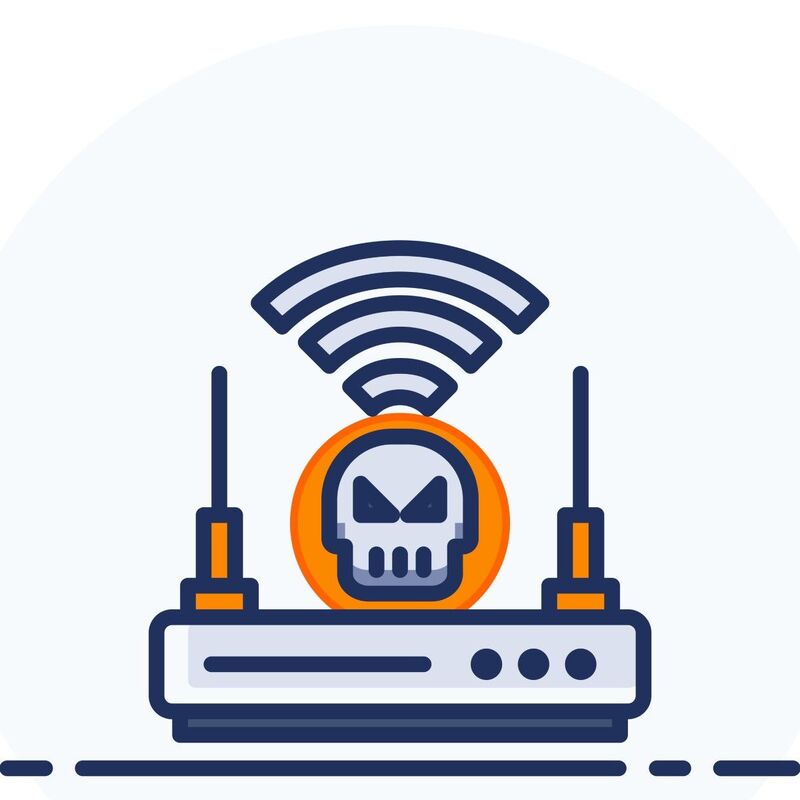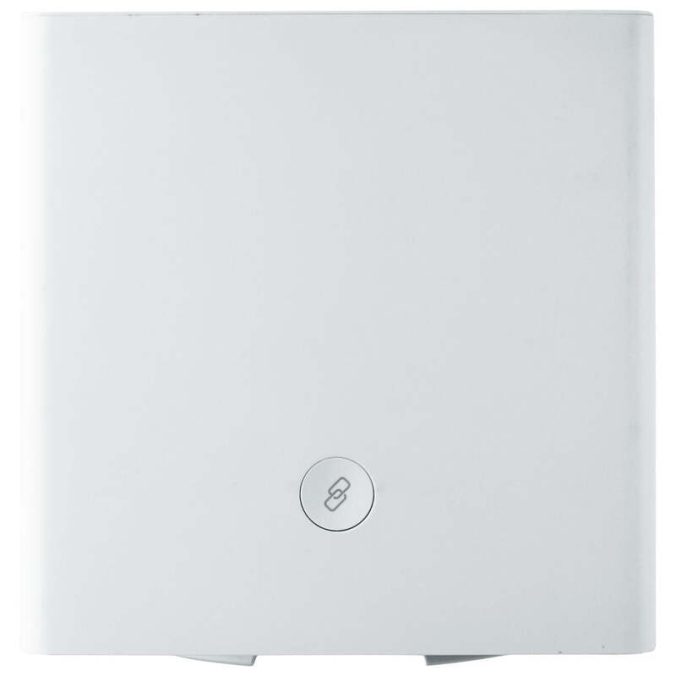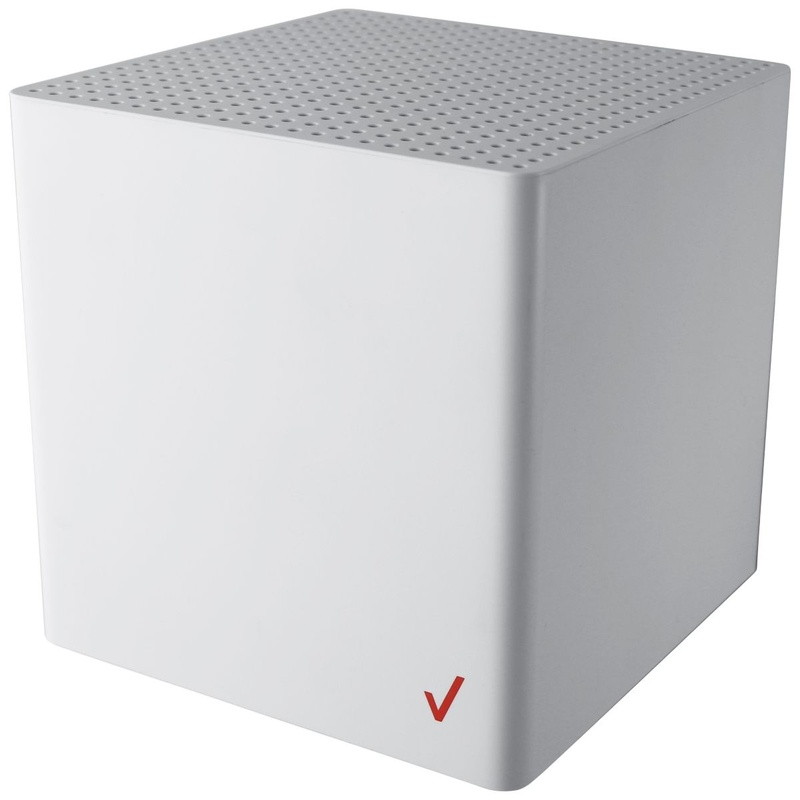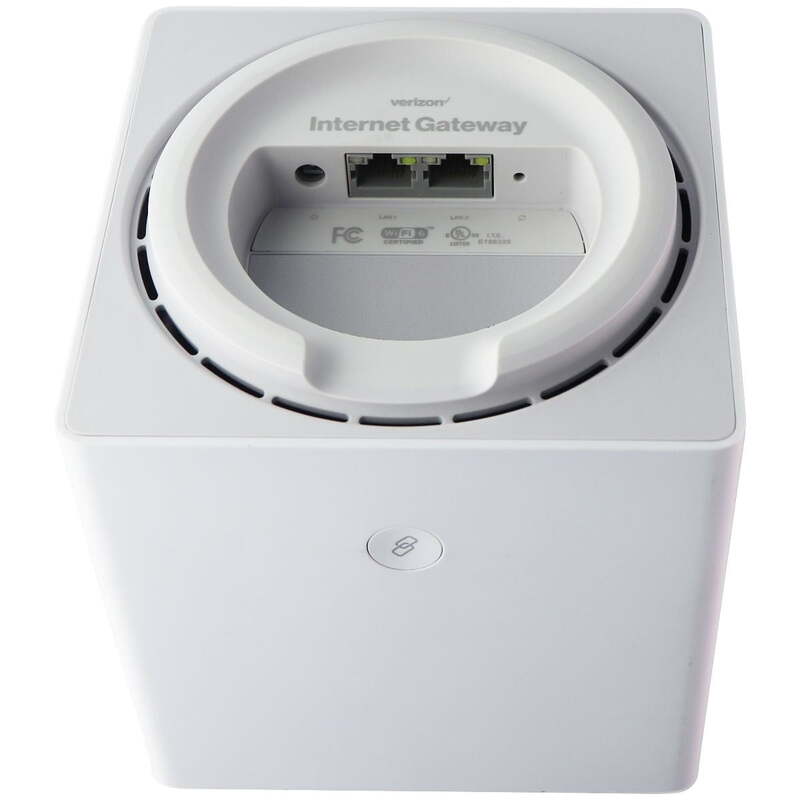Introduction
In today’s technologically-driven world, connectivity is the lifeblood of nearly every household and business. As we rapidly transition into an era where everything is interconnected, the demand for more efficient and faster internet solutions is paramount. Therefore, next router is emerging as essential tool. It provides better speed, capacity, and coverage, addressing the challenges posed by the increasing number of devices connecting to the internet. As we delve into the intricacies of these routers, we will explore different aspects—design, functionality, and their impact on our daily lives.
Understanding Next Router Technology
Next-generation routers have advanced significantly compared to their predecessors. They incorporate technological innovations to cater to the growing demands for speed and reliability. Alternatively, they serve various needs—from gaming and streaming to handling multiple devices simultaneously. Understanding how these routers function is crucial to appreciate their impact fully.
The Role of Wi-Fi 6 Technology
One of the most significant advancements is Wi-Fi 6 technology, also known as 802.11ax. This standard offers improved performance and efficiency, especially in crowded environments. It dramatically enhances data transfer rates, making it easier for multiple devices to connect without sacrificing speed. Moreover, it utilizes Orthogonal Frequency Division Multiple Access (OFDMA). This feature allows multiple devices to share channels, optimizing bandwidth usage.
For example, households with numerous smart devices will benefit immensely from this technology. They can enjoy seamless connectivity without interruptions. Thus, Wi-Fi 6 provides a game-changing solution for both homes and offices. Businesses can maintain productivity while individuals can stream, game, and work simultaneously. In essence, Wi-Fi 6 offers a practical approach to modern connectivity challenges.
Mesh Networking for Comprehensive Coverage
Another innovative feature is mesh networking. Traditional routers often struggle to provide coverage in larger homes. However, mesh systems consist of multiple units that work together to extend coverage. They eliminate dead zones and ensure a strong signal throughout the house. This system is especially valuable for those with multi-story homes or extensive square footage.
Moreover, mesh routers offer flexible scalability. Users can add more units as needed, adapting to changing demands without significant effort. With easy installation processes, setup has become user-friendly, appealing to tech novices and enthusiasts alike. Thus, mesh technology redefines how we perceive home networking, ensuring consistent and reliable internet access across all areas.
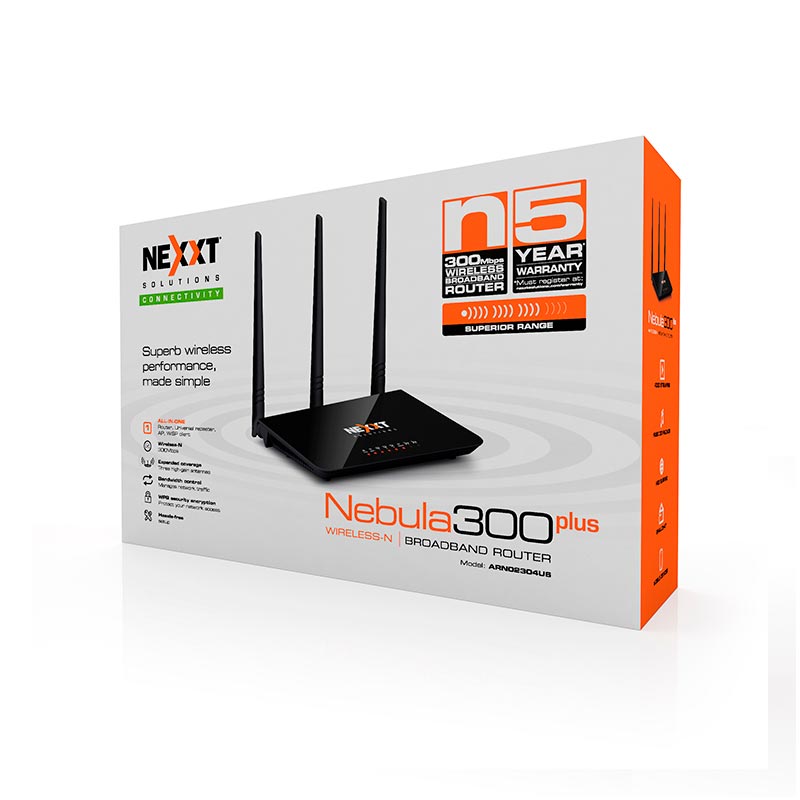
Benefits of Upgrading to a Next-Gen Router
Upgrading to a next-gen router can yield numerous benefits. From enhanced speed to better reliability, these routers profoundly impact how we experience the internet. Consequently, it’s vital to understand these advantages for effective decision-making.
Improved Security Features
One of the standout benefits of next-gen routers is enhanced security. As cyber threats become increasingly sophisticated, it’s imperative to have robust security measures. Modern routers often come equipped with advanced encryption protocols. Additionally, they feature built-in firewalls and automatic updates, which are significant in defending against potential attacks.
This proactive approach to security allows users to browse with greater peace of mind. As a result, families can protect personal information from cybercriminals. Businesses also benefit from these security measures, safeguarding sensitive client and financial data. Therefore, investing in a new router not only improves speed but also fortifies protection.
Greater Capacity for Devices
As households adopt more smart devices, the demand on home networks continues to grow. Next-gen routers are equipped to handle this surge efficiently. With high capacity, these routers can support more devices simultaneously without compromising performance. The Multi-User, Multiple Input, Multiple Output (MU-MIMO) technology ensures each device receives adequate bandwidth.
Moreover, this increased capacity significantly benefits high-usage environments like digital homes. Users can stream high-definition videos, participate in video calls, and engage in online gaming simultaneously. Consequently, the entire household can enjoy a satisfying internet experience without delays. In essence, next-gen routers support our evolving digital lifestyles, enhancing overall connectivity.
Choosing the Right Next-Generation Router
Selecting the ideal router involves considering various factors. Not all next-generation routers are created equal, requiring careful evaluation to meet specific needs. Thus, understanding key features is essential for making an informed choice.
Key Specifications to Look For
When selecting a next-gen router, it’s crucial to examine its specifications. Speed rating is a primary consideration, measured in Mbps. Higher speed ratings typically indicate better performance, especially in multi-user settings. Additionally, users should look for dual or tri-band options for optimal performance across devices. More bands allow for enhanced data channels.
Another important specification is the range. Consider how expansive the home is when choosing a router. While some areas may require specialized mesh systems, others may suffice with standard range routers. Therefore, evaluating size and layout can lead to better decisions. Ultimately, these specifications significantly influence user experience.
Brand Reputation and Support
Brand reputation should not be overlooked when purchasing a next-generation router. Trusted brands often provide reliable products with robust customer support. Such companies generally invest in continuous improvements and customer satisfaction, ensuring longevity. Reading reviews and checking ratings can guide consumers in selecting a reputable brand.
In addition, consider warranty and support options. A product backed by comprehensive customer service provides additional peace of mind. In case of technical issues, responsive support can resolve concerns swiftly. Therefore, making informed choices will ensure satisfactory router performance and long-term reliability.
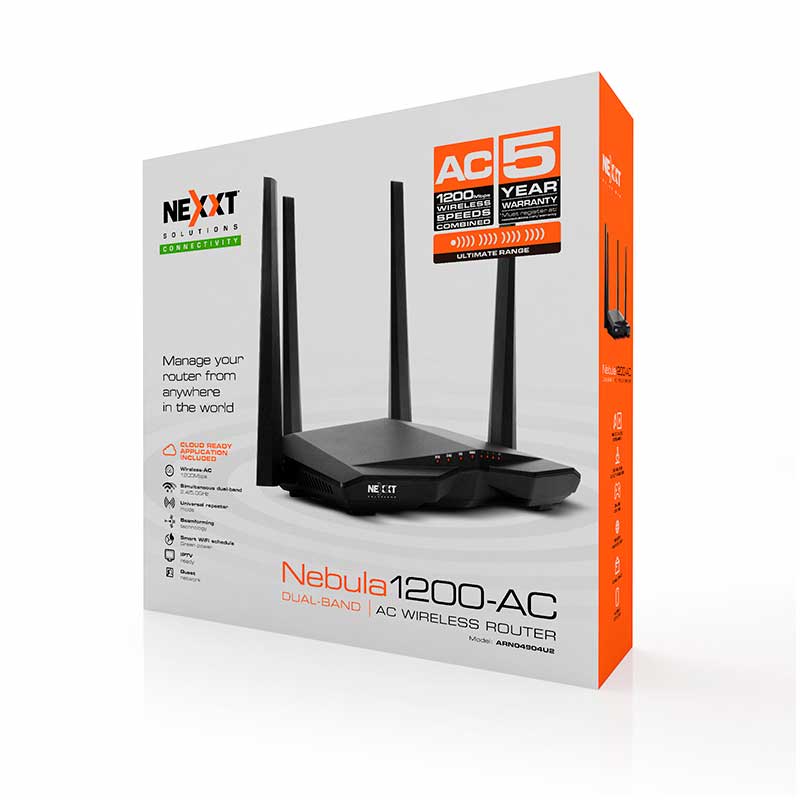
The Impact of Next-Generation Routers on Daily Life
The introduction of next-generation routers has undeniably changed daily life. From enhanced productivity to improved leisure experiences, the benefits are tangible. Understanding this impact helps users appreciate the value of investing in modern technology.
Enhanced Remote Work Capabilities
As more individuals shift to remote work, reliable internet connectivity is crucial. Next-gen routers facilitate smooth video calls, quick file transfers, and seamless collaboration. With less lag and more stability, professionals can enhance productivity. Additionally, connectivity tools like cloud services become more efficient, allowing for organized workflows.
Moreover, teams can interact dynamically and creatively, fostering a collaborative environment. As remote work becomes the norm, investing in capable routers leads to greater employee satisfaction and productivity. Consequently, organizations that prioritize technology are more likely to thrive in the evolving landscape.
Improved Entertainment Experiences
Entertainment is another area vastly improved by next-gen routers. Streaming services, online gaming, and virtual reality depend on robust internet speeds. Consequently, users benefit from higher definition video streaming without buffering. Additionally, gaming experiences are more immersive, allowing for uninterrupted gameplay.
Families can enjoy movie nights without interruptions while maintaining the capability to engage in gaming or browsing. Ultimately, next-gen routers elevate leisure activities, transforming how we consume entertainment. In essence, enhanced connectivity leads to happier households, promoting a cohesive environment.
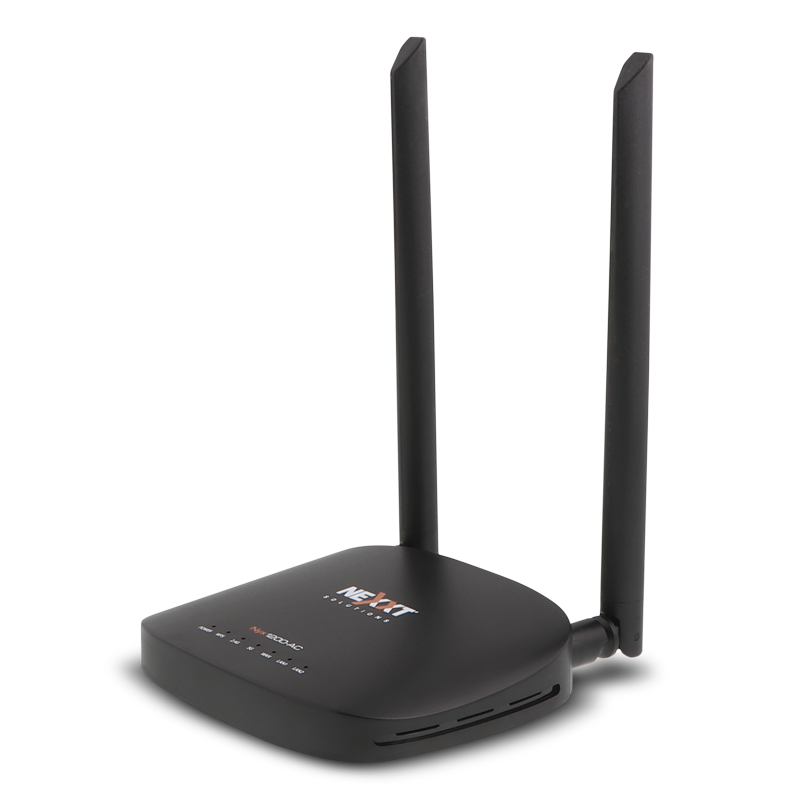
Conclusion: Embracing the Future
As we’ve explored, next-generation routers bring numerous advancements that improve our digital experiences. Understanding their technology, benefits, and impact on daily life highlights their importance. Choosing the right router unlocks a world of possibilities, enabling us to keep pace with our increasingly connected lives.
Next.js Router stands as a testament to the framework’s dedication to developer experience and performance optimization. Its file-system based approach, pre-rendering capabilities, data fetching strategies, and advanced routing features empower developers to build lightning-fast, SEO-friendly, and highly engaging web applications with remarkable ease. By embracing the power of Next.js routing, developers can focus on crafting exceptional user experiences, propelling their applications to the forefront of the digital landscape.
Investing in modern routers is not merely a trend; it is a necessary adaptation. As we embrace this digital future, we can ensure a seamless online experience for ourselves and our families. Ultimately, the journey into the future of technology is exciting, and next-generation routers are at the forefront.
